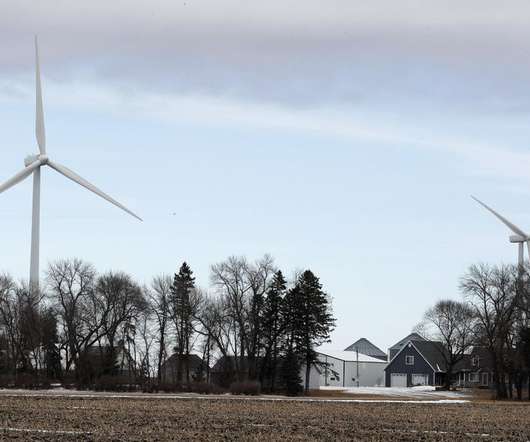Peking University team develops method for modeling historical global black carbon emissions from motor vehicles with reduced uncertainty
Green Car Congress
JANUARY 7, 2012
Geographical distributions of global BC emissions from motor vehicles in 1976 (A) and 2006 (B). Country-based mean values are shown for 1976 and 1° × 1° resolution was used for 2006. Researchers at Peking University have developed a new methodology to model black carbon (BC) emissions from diesel and gasoline motor vehicles.
































Let's personalize your content